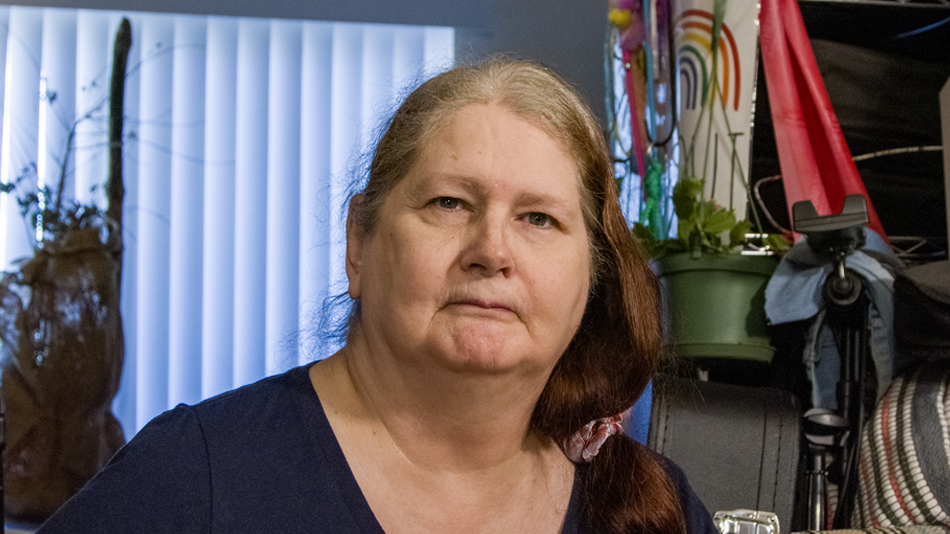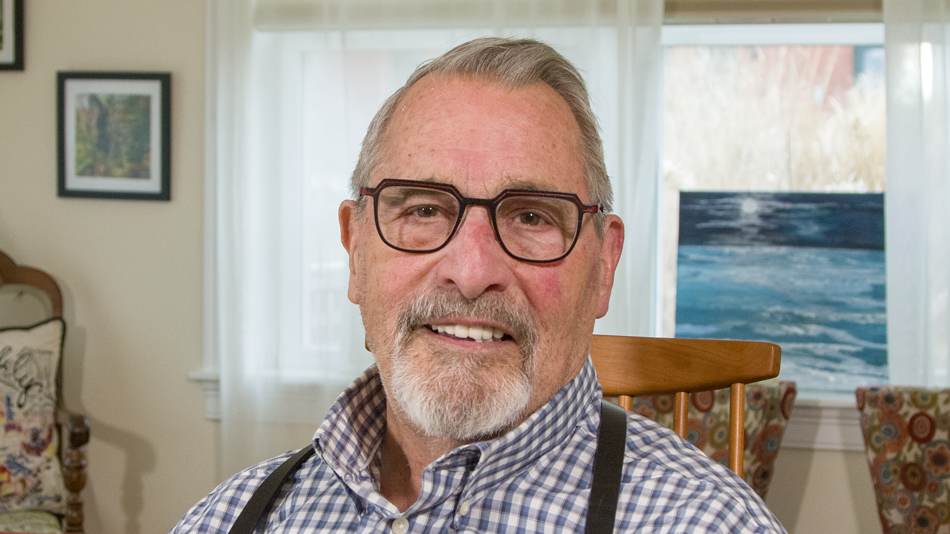
This is the story of the only time I ever breached my ethical duties as a lawyer.
I was not that long out of law school, and in the mid-1990’s in Southern California, it was a tough job market for new attorneys. I got a job working for a public interest law firm. It was actually fun stuff, Constitutional law mainly fighting speech codes on college campuses. The organization got a lot of donations from politically conservative funders. But who the funders were didn’t concern me very much; not only was I making money but I was protecting free speech rights along the way. So I had fun with it.
Until I was assigned a case of a straight guy who wanted to march in a gay pride parade carrying a sign that said “97%” to “represent straight people.”
“Hey, we’re on the wrong side of this one, boss,” I said to the lawyer in charge. “The gay pride people should be able to have their parade if they want to, the way they want to. We ought to be on the parade’s side keeping this guy protesting on the sidelines.”
His response: “Our funders say, if gay people can get a court order to march in the police parades, then straight people should have the right to march in the gay pride parades.” That didn’t sit right with me – it sounded like we were selling out instead of standing up for our real principles. He could tell I was unhappy. “Look,” the top lawyer said, “the parade happened three weeks ago and he wasn’t in it; go and meet with the guy and find out what he’s looking to do now.”
I said I could do that, naively hoping that I could talk some sense into the client. I took the train to San Diego on the day of a hearing in the case, and met with the client beforehand to find out if he was ready to call it a day.
Unfortunately, the guy was pretty much as obnoxious and ignorant as I had feared he would be. He wanted to press on to get into the next year’s parade. And it was my job to be this guy’s advocate despite my distaste for him. Worst of all, the lawyers for the parade had filed a counter-suit against him, asking for a whole bunch of money and my client looked to me to protect him from that risk.
On the train ride back to L.A., I happened to be sitting across the aisle from the very capable opposing attorney, who somehow had let me know that he was gay himself, without ever saying a word to that effect (This must be what people mean when they joke about “gaydar.”). I was happy for the conversation on the ride back to L.A., and hey, we’re both professionals, so we talked for a while to pass the time. Mostly it was shop talk until he broached the subject of our case.
“You don’t seem like your client at all,” he said to me. (Maybe he knew I would find that remark flattering.) “Tell me, why would a group like yours, that says it’s for free speech, represent a guy like this?”
I took this as a challenge, so I put my game face on. “You know, I’d really like it if this case would just go away. But your client’s counter-claim has really escalated the stakes, so I don’t know if we can resolve this stupid thing short of trial.”
“Let me ask you this,” my adversary said, choosing not to press on the fact that I hadn’t really answered his question. “Has nothing to do with the case, I’m just curious. Do you think gay people should be able to get married? Just your personal opinion, not necessarily your firm’s party line.”
“I – you know, I’ve never thought about that question before in my life.” This was the mid-nineties, back before same sex marriage was a big issue. “I guess the answer is yes, I do. It wouldn’t hurt anyone if you did. You should have the same rights as me. There’s no good reason I can think of for gay people to not get married.”
“You really are different from your client then.” We moved on to other topics in our conversation. But on top of my discomfort with the case and the issues it raised, the fact that I had never thought about that issue before told me that there must be a whole world of problems that gay people have to confront, problems I had the luxury of never thinking about. I didn’t like feeling that ignorant.
When I got to the office the next day, I told the top lawyer, “I can’t work on this case any more in good conscience. We’re on the wrong side of the law, we’re acting contrary to our mission as free speech advocates, we’re undermining our own credibility by doing it, and frankly, we look like bigots.”
“No. I need you on this case. Now go represent our client.”
In retrospect, I should have had the moral courage to tender my resignation on the spot. I had considered doing exactly that. But I didn’t have any reserves of cash to live off of, and no leads on a new job. So I slinked back to my office, berating myself for my cowardice.
Then, I got a flash of inspiration.
I drafted a motion to dismiss the other side’s claim against my client, based on the most technical possible reading of the law I could find. It’s far too obscure to describe here, but trust me, it was very clever. So a few weeks later, the motion was heard and the same lawyer who had spoken to me on the train opposed my motion with all of the skill and cunning of a master of the craft. But he wasn’t the only good lawyer on the case, and the judge granted my motion.
Just like that, the money claim against my client was now gone. I confirmed for the record, “So there are currently no claims of any kind pending against my client, just my client’s claims against the parade?”
“Yes, counsel,” the judge said, “That’s how I see it.”
“In that case, I move to dismiss my client’s claims immediately and with prejudice.”
My adversary did a double-take and appeared too stunned to react. The judge looked surprised, too, and asked me, “Are you sure you want to do that?”
“Your Honor, this farce has gone on long enough. It ends today.”
“You got it. Motion granted.”
No one had won. My client would not be able to disrupt the gay pride parade, but he was free from the threat of a ruinous money judgment.
Technically, this was a breach of my professional ethics. Dismissing cases voluntarily is a client’s decision, not a lawyer’s, and my client had not authorized this. Obviously, it also put my job on the line. But I didn’t care – redeeming my earlier failure to resign, and using my position to advance the ideals that had made me want to be a lawyer in the first place, was more important than playing it safe.
You might think the same-sex marriage question my adversary had asked me that afternoon on the train had been a clever tactic to puncture my morale for the case. But I still think he was just passing the time. I still fought to protect my client from his client’s claim best I knew how, successfully. He obviously hadn’t expected me to just dismiss the case.
But his question had made me realize that I’d never before thought about the issue, and that I needed to take stock of my attitude towards gay people, and my attitude towards what I was doing with my life. I realized that although I lived only a few minutes’ drive from West Hollywood, I barely even knew any gay people and all my friends were, to my knowledge, straight.
It took a couple of months after this, but I found a different job. The work wasn’t as much fun as what I had been doing before, but I was free of the pressure to do things that were morally indefensible, and as a bonus I was making more money. I didn’t go looking for gay or lesbian friends either, but somehow I found them, and my life has been made richer for their friendships.
Finally, I’ve been inspired to become an advocate for same-sex marriage ever since that time, both personally and professionally. One day, we’ll look back on that issue and wonder what all the fuss was about. I hope you’ll join me in making that day become a reality sooner rather than later.
Oh, and no one has ever complained to the Bar about my unauthorized dismissal of a particularly nasty little lawsuit.








Share